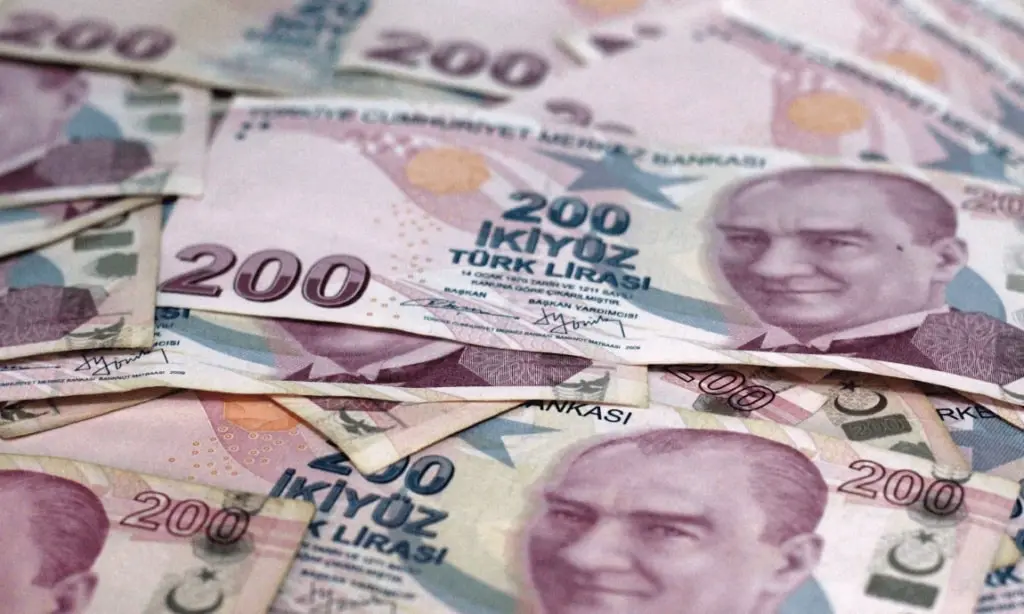Turkish lira drops to record low against US dollar after 1% rate cut
Vrasidas Neofytou
Head of Investment Research

Turkey’s lira fell to a fresh record low of $8,88 against the US dollar and €10,40 to the Euro on Friday morning, extending losses from the previous sessions, as investors disappointed after the Turkish Central Bank unexpectedly cut its official policy rate to 18% from 19%.
Analysts worry that the local central bank is using unorthodox monetary policies to tackle the elevating inflation as the new benchmark rate of 18% stays below the annual rate of inflation which soared to 19,25% in August.

Turkey’s currency has been one of the worst emerging-market performers and the worst of all G20 currencies in 2021 so far. Lira is down by more than 3% against the dollar this week, 7% since the start of the month, and almost 23% from January 01, 2021.
High inflation and falling currency often create serious problems for the society as they raise the cost of the dollar-denominated imported goods such as crude oil, construction metals, grains, dairies, and appliances, making the life of the local population more expensive, as is the case in Turkey now, damaging Erdogan’s popularity.
Investors also concern about Turkey’s declining foreign exchange reserves, the account deficit, the growing sovereign and private foreign (dollar & euro)-denominated debt, Erdogan’s intervention in the central bank’s actions, and potential sanctions from the EU which darkness the economic outlook of the country.
President Erdogan’s intervention:
Policymakers usually raise interest rates to tackle the fast-rising inflation and to slow down the devaluation of the local currency against major peers.
However, this is not the case in Turkey nowadays as President Erdogan had repeatedly described the interest rates as the “mother of all evil”, creating a “low-interest-rate lobby” in the country.
He had fired the last three central bank governors, publicly criticising them for lifting the key interest rate to 19% in just 2 years, an orthodox monetary policy to contain Turkey’s prolonged inflation problem and defend the falling currency.
Important Information: This communication is marketing material. The views and opinions contained herein are those of the author(s) on this page, and may not necessarily represent views expressed or reflected in other Exclusive Capital communications, strategies or funds. This material is intended to be for information purposes only and is not intended as promotional material in any respect. The material is not intended as an offer or solicitation for the purchase or sale of any financial instrument.

